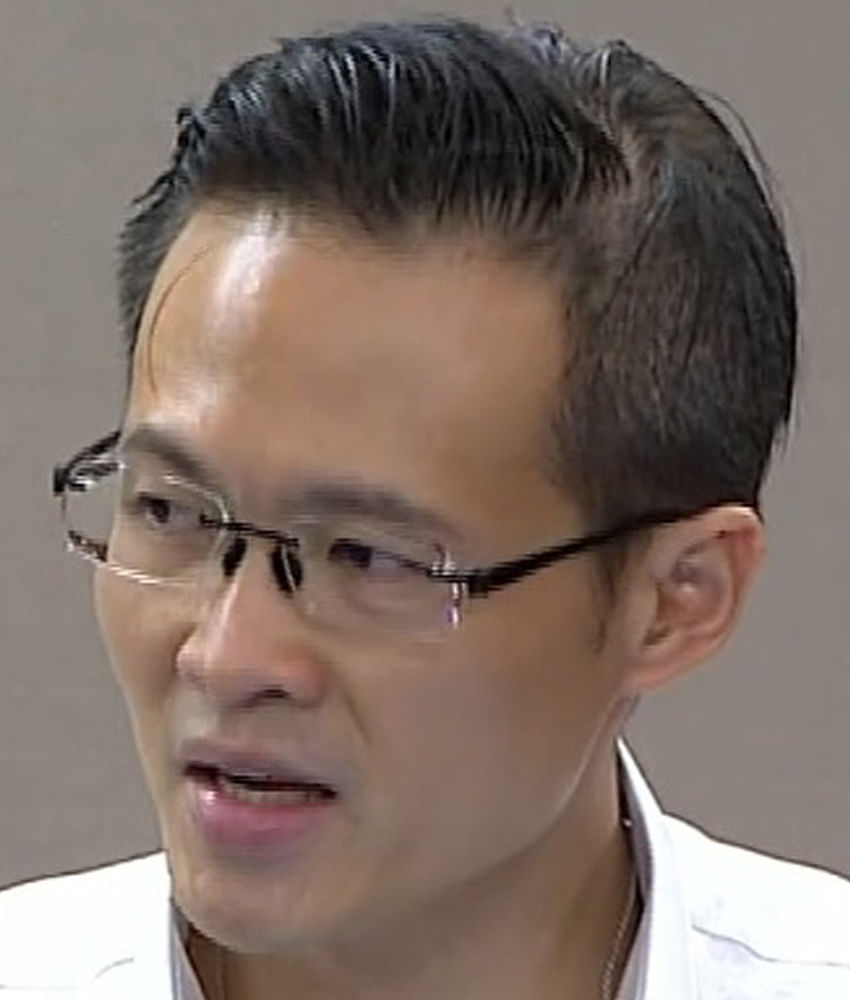Companies should set targets for employing older workers to keep pace with the ageing workforce here. And firms that have been found to have discriminatory hiring practices should be named - and shamed.
These suggestions are among the steps that Mr Saktiandi Supaat (Bishan-Toa Payoh GRC) and Mr Desmond Choo (Tampines GRC) called for in order to stamp out age discrimination in the workplace, in speeches at the end of Parliament's session yesterday.
Mr Saktiandi noted that recent data showed the quarterly seasonally adjusted unemployment rate for workers aged 50 and above has risen slightly, though the employment rate of older workers has largely increased over the past year.
"Things are improving, but this demographic segment (of older workers) could be susceptible and needs to be monitored over time," he added.
He also urged Parliament to strengthen the Tripartite Alliance for Fair and Progressive Employment Practices (Tafep) to fight discrimination.
Some employers are not keeping pace with the times, resulting in older Singaporeans having difficulties finding jobs for more than a year, he added.
The older applicants are qualified, he said, adding that they had gone for courses and networking sessions to better themselves.
But they rarely landed interviews, Mr Saktiandi added.

He recounted how he recently sat in on a professional image coaching session with older workers who had been retrenched, with the trainer showing attendees how to look youthful on social media. "Even WhatsApp profile pictures had to be carefully curated to make them look younger than their actual age," he said.
Mr Choo, an assistant secretary-general at the National Trades Union Congress, also told Parliament that some errant employers mark down older workers unfairly or make work unduly difficult to get them to quit.
Others may be unaware of their discriminatory practices, like allowing unkind age-related remarks to go unaddressed at the workplace, he added.
Mr Saktiandi and Mr Choo said that non-legislative measures can be taken to fight discrimination at the workplace, as legislation may potentially deter hiring.
Mr Saktiandi suggested that a certification scheme that rewards age-inclusive companies, as Austria has done, is another way to deal with age discrimination.
Mr Choo asked the Ministry of Manpower (MOM) to consider conducting longitudinal analyses of companies' hiring practices to see if discriminatory hiring or employment practices would surface.

Ageist hiring practices are rarely blatant, he said, adding such studies can help provide data to support or disprove cases. "Such studies can also show up companies that had consistently favoured foreign workers over local talent," he said, adding that the labour movement is keen to back the initiative.
Responding to the two MPs, Minister of State for Manpower and National Development Zaqy Mohamad said employment of older workers has increased, despite the tactics of errant employers.
"More older Singaporeans are employed today than ever before.
"The unemployment rate for workers aged 50 and above has also been consistently lower than the overall rate," he said.
He also noted that the Tafep guidelines are clear on workplace discrimination, adding that the Fair Consideration Framework is in place to make sure Singaporeans are not discriminated against.
The key is to consider employees based on merit, he added. The MOM and Tafep have also improved their ways of detecting and scrutinising suspicious employers, Mr Zaqy said.
"When Tafep finds employers that fail to abide by the guidelines, it works with MOM to take enforcement action, including curtailing work pass privileges," he said.
Impact of S'pore's stance on foreign hiring
The country's strong stance against favouring foreigners for employment has not gone unnoticed, Minister of State for Manpower and National Development Zaqy Mohamad told Parliament yesterday.
Singapore ranked 93rd out of 141 economies on the ease of hiring foreign labour in the Global Competitiveness Ranking released by the World Economic Forum last month, he said.
"As an international business hub, such perceptions carry some cost," he added, noting that there could be fewer good jobs for Singaporeans if leading global companies think twice about investing in Singapore.
Mr Zaqy was responding to Mr Saktiandi Supaat (Bishan-Toa Payoh GRC), who asked that the eligibility criteria for employment pass (EP) holders be tightened.
Mr Saktiandi also told Parliament that more could be done to make sure companies train the local workforce in skills that they are hiring foreigners for, including expanding a scheme that supports the transfer of global expertise and capabilities from multinational companies to local workers.
He said: "We cannot continue to have the inflow of foreign specialists in perpetuity without regard for the well-being of our Singapore core."
Mr Zaqy noted that the criteria for EP holders are reviewed regularly, with adjustments last made in 2017.
He added that the minimum salary of $3,600 applies to young graduates with good qualifications, but an experienced EP holder in his mid-40s will need to earn much more to qualify, comparable to a local white-collar worker with similar experience.
Mr Zaqy said locals continue to hold the majority of jobs that companies could hire EP holders to undertake. Locals hold around three in four of such jobs in most sectors, except for the infocommunications industry, where locals have two in three positions, he added.
But the Manpower Ministry will study Mr Saktiandi's suggestion on expanding the scheme to see how else local workers can benefit, Mr Zaqy said.
Aw Cheng Wei

